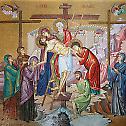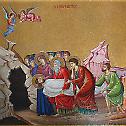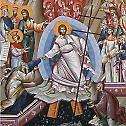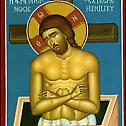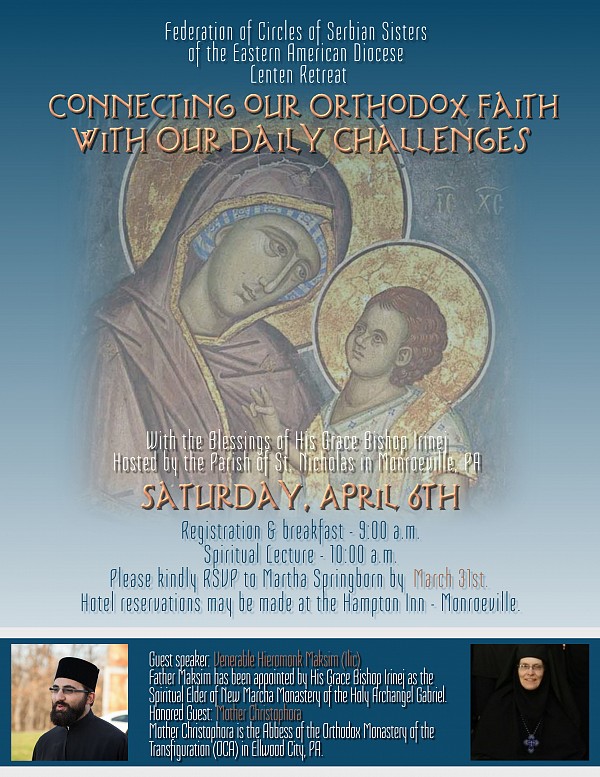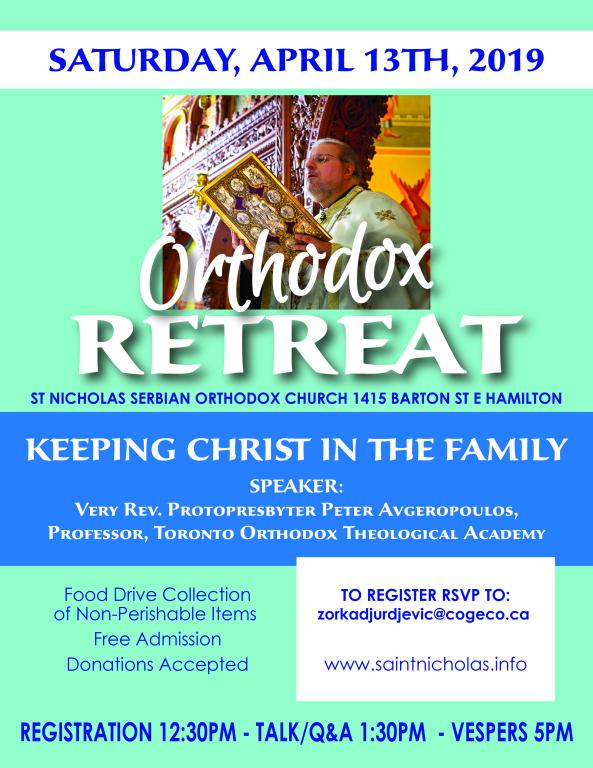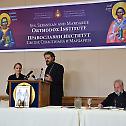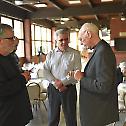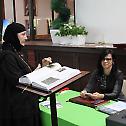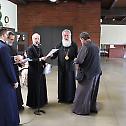The primacy among Orthodox Churches is possessed by the Church of the New Rome, Constantinople, which is headed by a Patriarch who has the title of Ecumenical, and therefore is itself called the Ecumenical Patriarchate, which territorially reached the culmination of its development at the end of the 18th century. At that time there was included in it the whole of Asia Minor, the whole Balkan Peninsula (except for Montenegro), together with the adjoining islands, since the other independent Churches in the Balkan Peninsula had been abolished and had become part of the Ecumenical Patriarchate. The Ecumenical Patriarch had received from the Turkish Sultan, even before the taking of Constantinople by the Turks, the title of Millet Bash, that is, the head of the people, and he was considered the head of the whole Orthodox population of the Turkish Empire. This, however, did not prevent the Turkish government from removing patriarchs for any reason whatever and calling for new elections, at the same time collecting a large tax from the newly elected patriarch. Apparently the latter circumstance had a great significance in the changing of patriarchs by the Turks, and therefore it often happened that they again allowed on the Patriarchal Throne a patriarch whom they had removed, after the death of one or several of his successors. Thus, many patriarchs occupied their see several times, and each accession was accompanied by the collection of a special tax from them by the Turks.
Science
Holy Saturday
27. April 2019 - 18:28On Great and Holy Saturday the Orthodox Church commemorates the burial of Christ and His descent into Hades. It is the day between the Crucifixion of our Lord and His glorious Resurrection. The Matins of Holy Saturday is conducted on Friday evening, and while many elements of the service represent mourning at the death and burial of Christ, the service itself is one of watchful expectation.
Commemoration of Holy Saturday
On Great and Holy Saturday the Church contemplates the mystery of the Lord's descent into Hades, the place of the dead. Death, our ultimate enemy, is defeated from within. "He (Christ) gave Himself as a ransom to death in which we were held captive, sold under sin. Descending into Hades through the Cross ... He loosed the bonds of death" (Liturgy of St. Basil).
The Decline of the Patriarchate of Constantinople
9. April 2019 - 13:51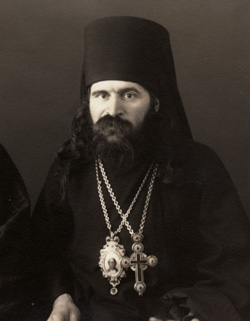 An overview in 1938
An overview in 1938
The following article, which is part of a report on all the Autocephalous Churches made by Archbishop John to the Second All-Diaspora Sobor of the Russian Church Abroad held in Yugoslavia in 1938, gives the historical background of the present state of the Patriarchate of Constantinople. It could well have been written today, apart from a few small points which have changed since then. We reproduce it here to bring more clarity into the current ecclesiastical crisis surrounding the Ecumenical Patriarchate and the Ukraine.
If nothing, else, the true faith
23. March 2019 - 23:02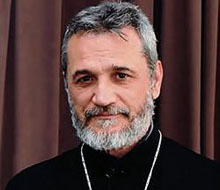 Fr. Srboljub Miletich was born on November, 14 1953 in Krusevac, Serbia, to the V. Rev. Professor Milun and Olivera Miletich. He graduated from the St. Cyril and Methodius Seminary in Prizren, Kosovo in 1973, and from the Department of Theology of the Serbian Orthodox Church in Beograd, Serbia in 1982.
Fr. Srboljub Miletich was born on November, 14 1953 in Krusevac, Serbia, to the V. Rev. Professor Milun and Olivera Miletich. He graduated from the St. Cyril and Methodius Seminary in Prizren, Kosovo in 1973, and from the Department of Theology of the Serbian Orthodox Church in Beograd, Serbia in 1982.
Fr. Srba has been serving the Church in Australia since 1983. He was Dean of the Serbian Orthodox St Stephen Church in Rooty Hill, NSW from 1994 to 2007, and is currently a member of the Serbian Orthodox Metropolitanate of Australia and New Zealand Executive Board. Fr. Srba is the author of numerous Orthodox books and articles, including a history of the Serbian Orthodox Church in Australia and New Zealand.
Sts. Sebastian & Mardarije Orthodox Institute – Day Three
2. March 2019 - 15:23The final day of the Sts. Sebastian and Mardarije Institute began as clergy and laity arrived for the morning Matins served by Fr. Daniel Kirk, followed by breakfast.
Afterwards, Bishop Maxim announced the beginning of the next talk which would be a combination of the morning and afternoon talks: God Views Us through Love and Becoming Human Today.

